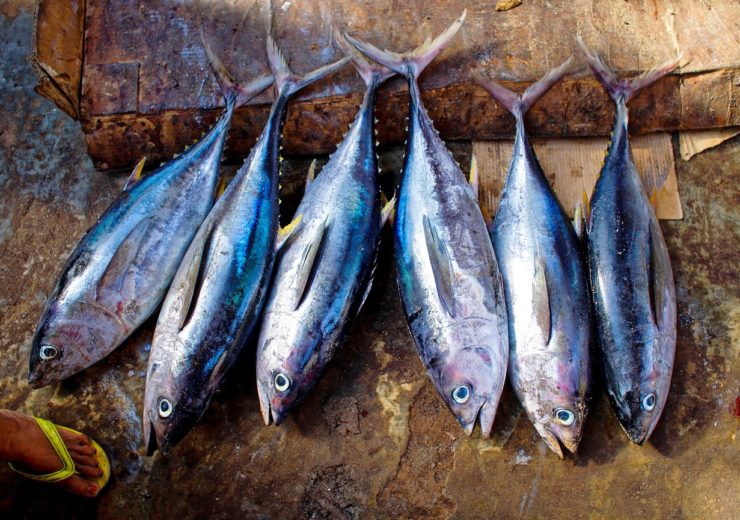The loan will help strengthen large-scale offshore fisheries monitoring and also provide employment to Kiribati’s youth

World Bank to support Kiribati’s fisheries. (Credit: Pixabay/Kevin Phillips.)
The World Bank has agreed to provide $19.5m in loan to Kiribati Ministry of Fisheries and Marine Resources Development to strengthen its monitoring, control and surveillance of large-scale offshore fisheries.
The loan will also help to diversify sustainable revenue streams for selected outer island coastal fishing communities and for improving seafood safety measures.
The loan is being provided under the regional Pacific Islands Regional Oceanscape Program (PROP) and is funded through IDA, along with the Global Environment Facility (GEF).
Tuna is worth $5bn in the global market
According to the World Bank, Tuna is worth nearly $5bn in the global market. More than half of the tuna, worth over $2.6bn is produced in the Pacific Islands. Of the Pacific island nations producing fish, Kiribati has a share of 28.4% of the share.
Since the introduction of the Parties of the Nauru Agreement Vessel Day Scheme in 2007, the island nation had seen an increase in the revenue from fishing licenses and transshipment fees with $25.1m in 2007 to $121.8m in 2016.
Kiribati vice president and Caretaker Minister of Finance and Economic Development Teuea Toatu said: “The Government of Kiribati is most grateful for the World Bank’s funding approval in support of the two very important projects for Kiribati.
“Fisheries and Infrastructure are at the centre of Kiribati’s socioeconomic development, given our geography as a big ocean state with scattered islands and large stocks of fish. We are very hopeful that with the implementation of these projects, the living standards in our country will be lifted to a higher level.”
The PROP project aims to secure the country’s ocean economy including the development of its ocean resources. It is also expected to foster the development of long-term employment options for youth and women in the country, as there are high rates of unemployment in the country, with 73% of the women and 62% of men aged between 15 and 24 years lack formal employment.
